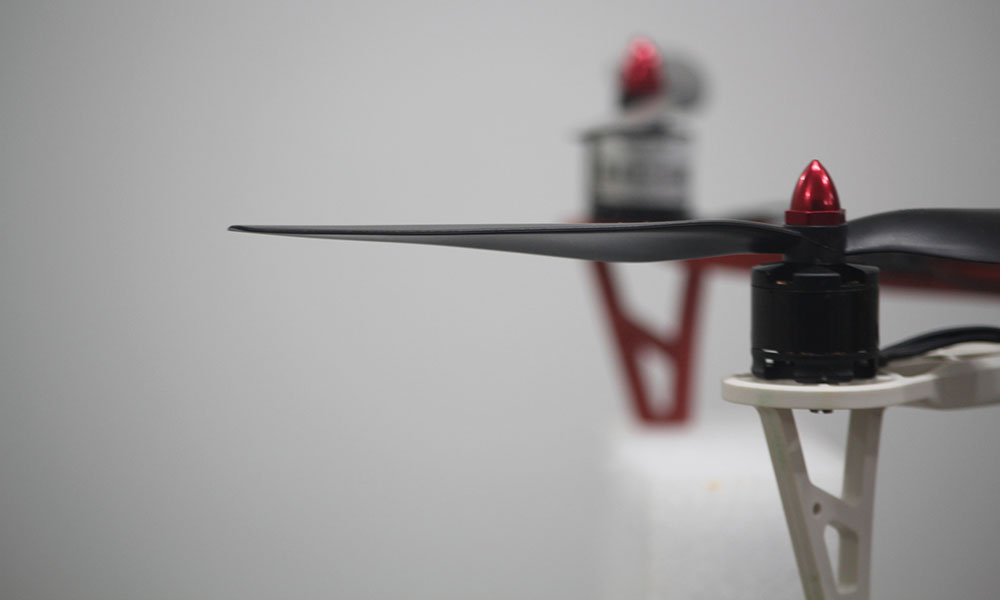
Higher Ed Community Asks FAA to Relax Drone Regulations
Drones have proven to be a useful research tool for colleges and universities. But Federal Aviation Administration regulations have made it difficult for schools to use them.
An interesting, and perhaps unexpected, player has emerged in the debate over how small unmanned aircraft systems (sUAS)—more commonly known as drones—ought to be regulated: higher education.
In a letter sent to the federal Office of Information and Regulatory Affairs earlier this month, the Association of American Universities (AAU) and the Association of Public and Land-grant Universities (APLU) stated their case for less restrictive drone regulations and a speedier process for approving drone research permits.
The FAA is in the process of developing a complete set of rules for commercial use of drones, but the agency is not expected to meet its September 2015 deadline. In fact, those rules might not be ready until sometime in 2017, Gerald Dillingham, director of civil aviation at the Government Accountability Office, said in recent congressional testimony.
That much delay poses a problem for higher ed institutions, according to the letter. “The university community has a significant interest and stake in this rulemaking, because universities conduct a wide range of research and instructional activities involving sUAS,” the associations wrote. “Unfortunately, universities are currently experiencing difficulty obtaining FAA approval to undertake such research and educational work. In brief, there is no timely, workable mechanism for both public and private universities to secure FAA approval to conduct important research and instructional activities utilizing sUAS technology.”
According to the groups, universities use drones for research in fields like animal health, plant toxicology, engineering, aviation, and aerospace engineering. Funding for such programs typically comes from federal agencies that include the FAA, NASA, and the U.S. Department of Agriculture, as well as various branches of the military.
The FAA does allow groups to apply for research permits, but AAU and APLU called the process confusing and slow.
“In the current regulatory environment, university researchers are increasingly hesitant to start working on proposals or new projects and sometimes even abandon constructive projects already underway,” they said. “Federal funding for research projects is allocated under specific timeframes. The long, uncertain, and mostly unsuccessful process of obtaining FAA approval to operate sUAS is incompatible with these timelines.”
The organizations are asking the FAA to create a mechanism that allows universities to seek expedited approval for educational uses of sUAS. Another option could be for universities to receive an exemption from regulation for education- and research-based purposes—similar to the one filmmakers recently obtained.
“University research and teaching are essential to our country’s innovation economy, our national security, and our international competitiveness, among many other public goods,” the groups said. “The view of the higher education community is that there is a reasonable balance to be struck between concerns about safety and the need to ensure that federal research dollars from the FAA’s sister agencies do not languish or go to waste.”
(iStock/Thinkstock)






Comments